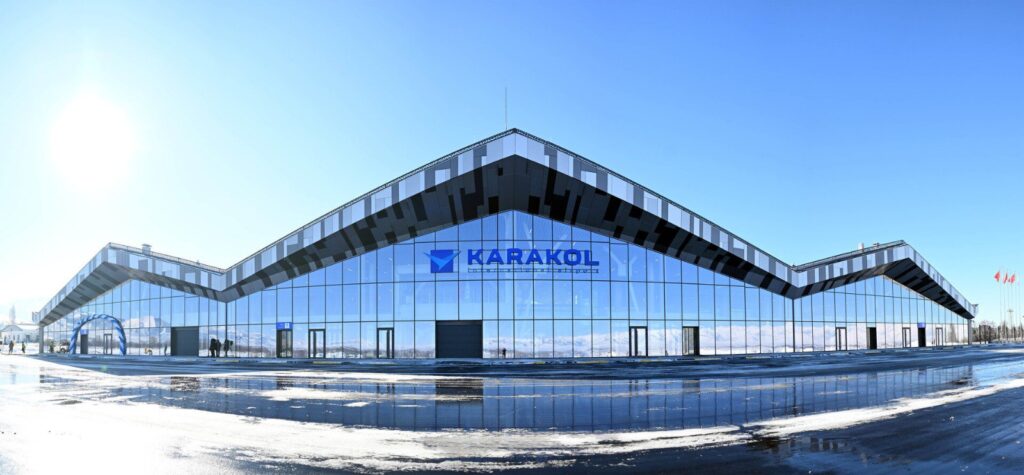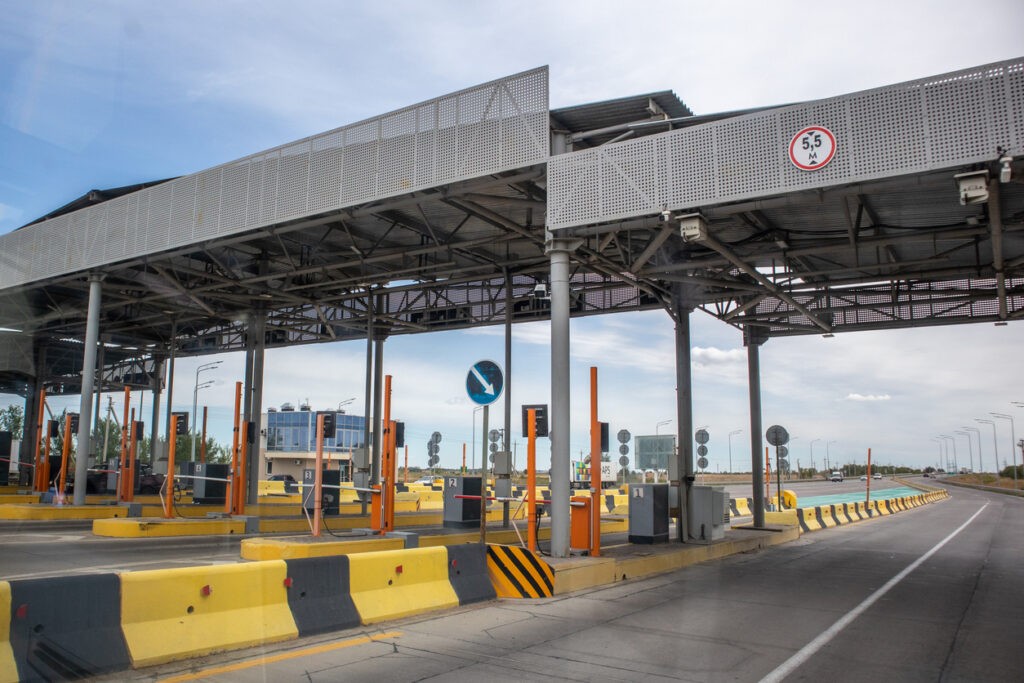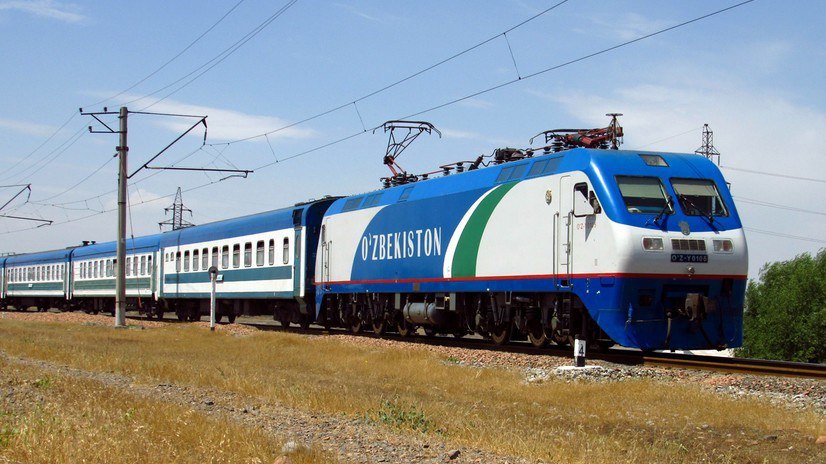Kyrgyzstan Opens Airport in Karakol – More New Routes Coming Soon
On December 11, Kyrgyzstan’s President Sadyr Japarov inaugurated the reconstructed international airport in Karakol, the main city of the Issyk-Kul region. Situated southeast of Lake Issyk-Kul, Karakol is Kyrgyzstan’s winter tourism hub and home to the nation’s largest and most popular mountain ski resort. President Japarov highlighted the reopening of the Karakol International Airport as a pivotal move toward strengthening regional connectivity, boosting tourism, and enhancing Kyrgyzstan’s international profile. “This is just the beginning,” Japarov remarked, announcing plans for a major new development: a “Kyrgyz Courchevel,” envisioned as Central Asia’s largest and most modern ski resort. Located 70 kilometers from the airport, the year-round facility is planned to accommodate up to a million tourists per season. Kyrgyzstan’s government is also prioritizing the modernization of regional airports to improve domestic air connectivity. Renovation projects are underway in Naryn, Kazarman, Kerben, and Batken, while construction of a new airport in the southern city of Jalal-Abad is set to begin soon. Starting in May, the government plans to launch domestic flights on routes including Kazarman-Bishkek, Naryn-Bishkek, Kerben-Bishkek, Karakol-Osh, and Talas-Osh. These flights will be operated by the state-owned Asman Airlines. This follows the reopening of the Talas airport in May, as previously reported by The Times of Central Asia, marking its return to operation after decades of inactivity since the Soviet-era. Originally built in 1979 to accommodate planes and helicopters, the airport had long been out of service until its recent renovation. To support the enhanced domestic air network, Kyrgyzstan’s Manas International Airport Open Joint Stock Company has procured two Bombardier Dash 8 Q400 aircraft for Asman Airlines. Manufactured in Canada, the Dash 8 Q400 is a short-haul plane capable of carrying up to 80 passengers over distances of up to 2,000 kilometers.






